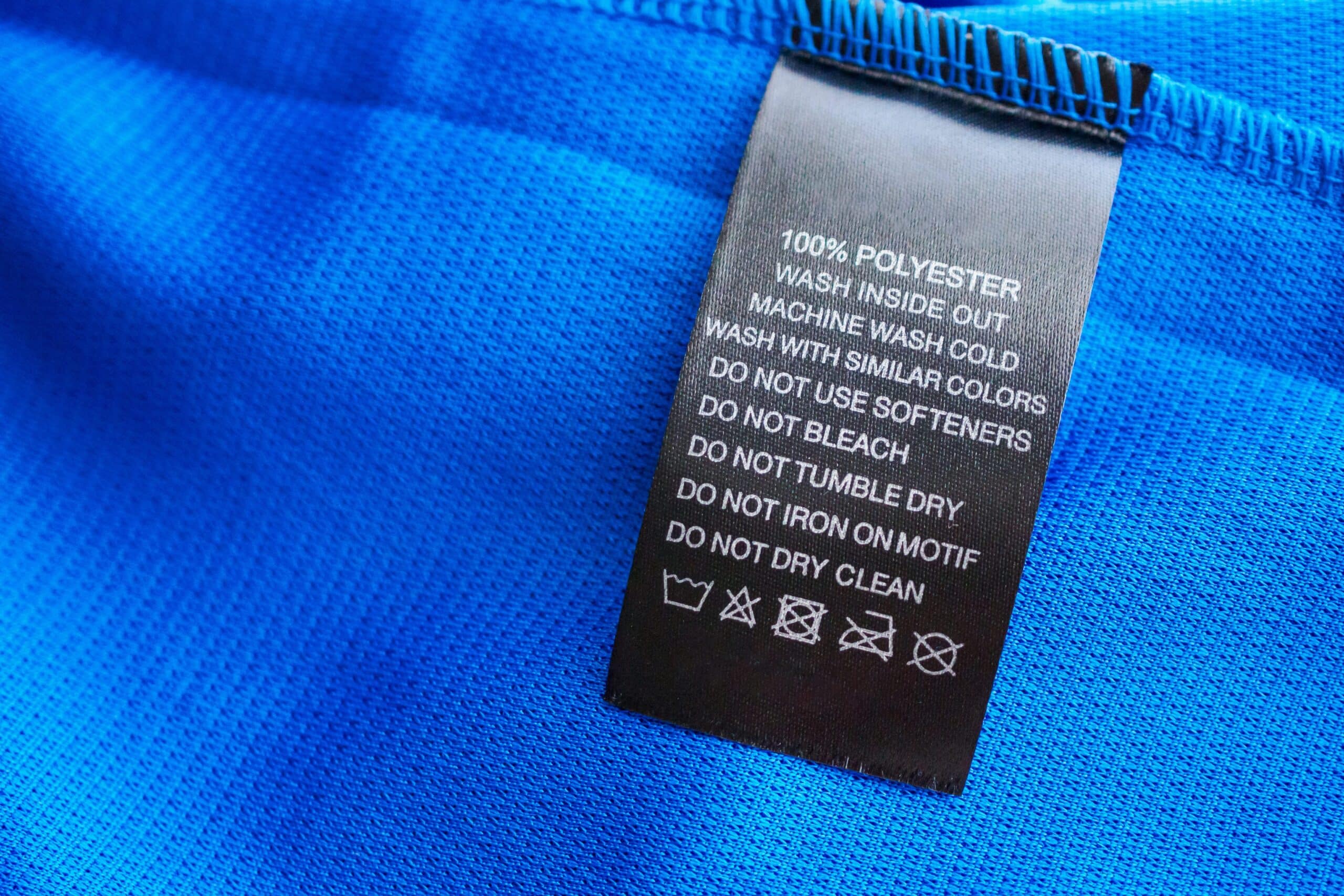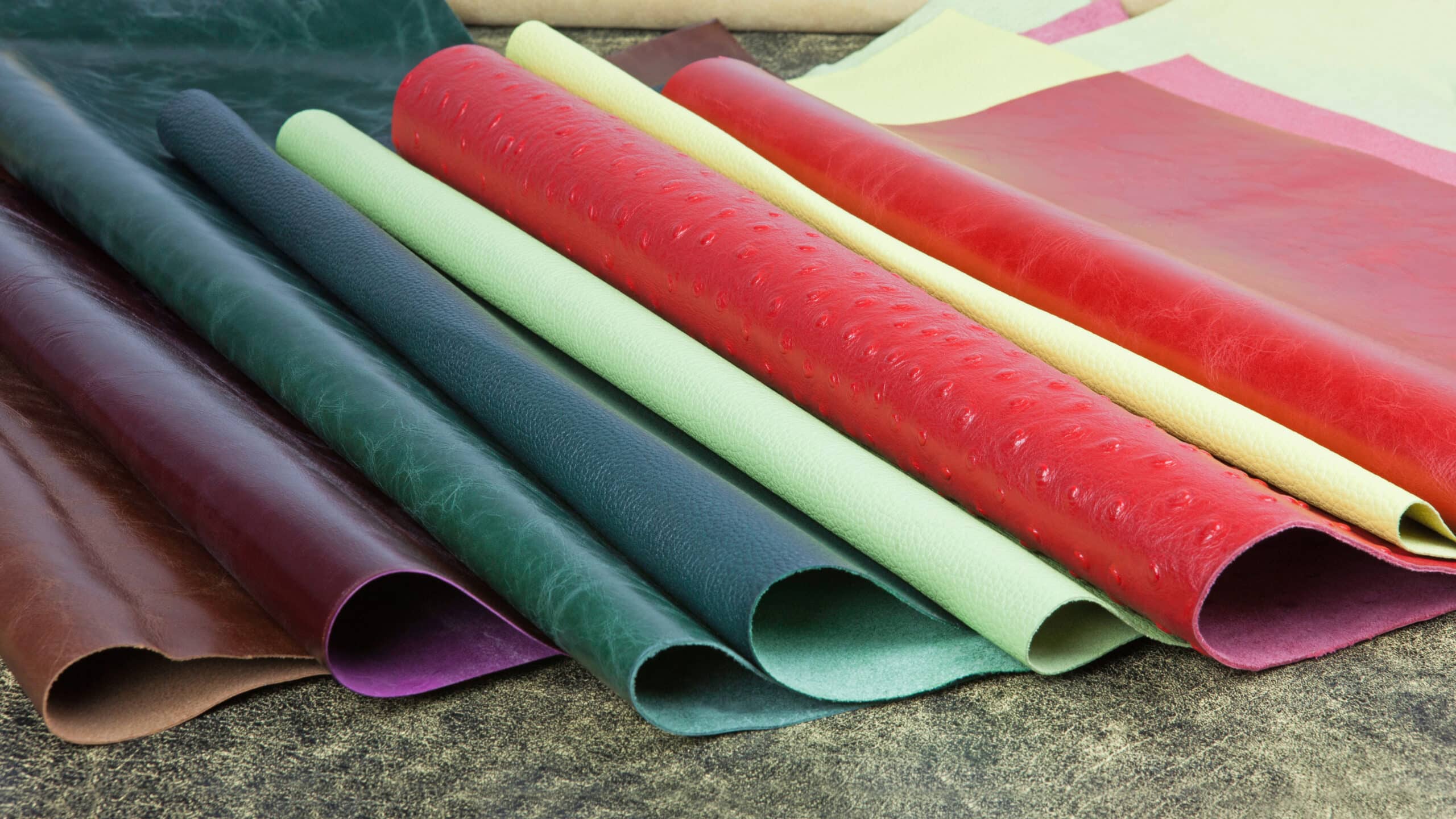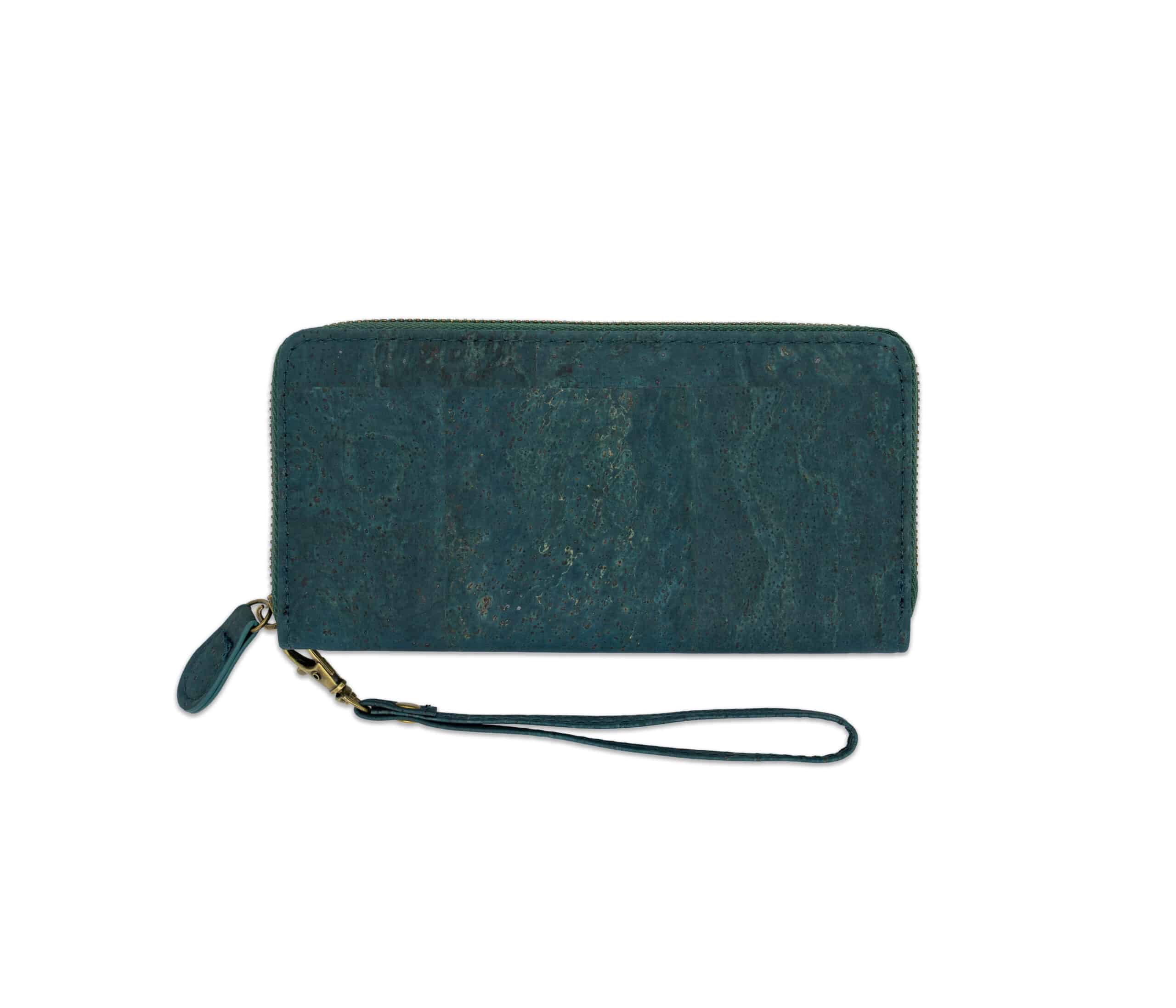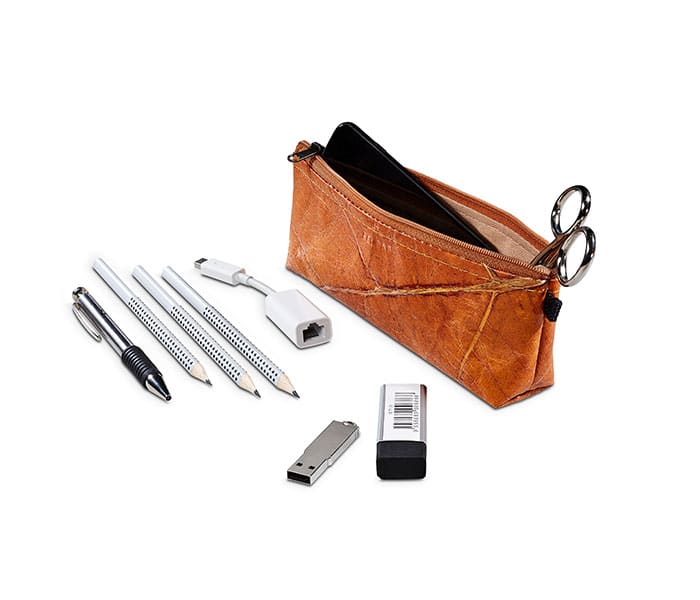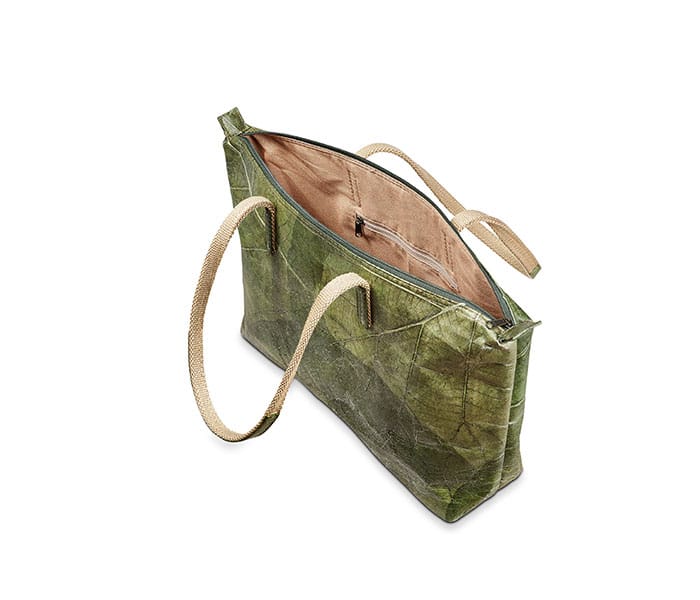Our environment is not in good shape. After the oil industry, the textile industry is the “dirtiest” industry for the environment. In particular, the rapidly growing fast and ultra fast fashion exacerbates this problem extraordinarily. The production and further processing of textiles is largely carried out in low-wage countries – terrible social and ecological effects are the result.
Social impacts
Child labor
In countries like Bangladesh, employees work up to 14 hours a day to produce and finish the textiles. They are often no older than 14 years old. The working conditions are miserable and sometimes (due to machines and chemicals) also very dangerous.
No fair payment
Often, the employees’ wages are below the subsistence level. In Sri Lanka, employees have to get by on a monthly wage of €80 per month, while in Bangladesh it is often €150 per month. Working hours are between 40 and 60 hours per week.
No health and safety standards
Poor conditions and no safeguards mean that many people suffer significant health damage from work before the age of thirty. Due to a lack of safety standards, a textile factory in Bangladesh collapsed in 2013. The tragic accident claimed more than 1,100 lives.
Poverty
The paradox is that the employees of these textile companies largely live in poverty. Although you can provide for your family’s subsistence level, you receive very low salaries compared to European jobs.
Loss of local jobs
In administrative zones for export, textiles are produced by subcontractors of the large retail chains. Locals are not considered for these jobs, causing them to lose your local job.
What can we do about it?
As consumers, we can make more conscious purchasing decisions. Research the product and how it is made and only buy something we are confident about. Additionally, you can always pay attention to what seals and certificates the company has.











